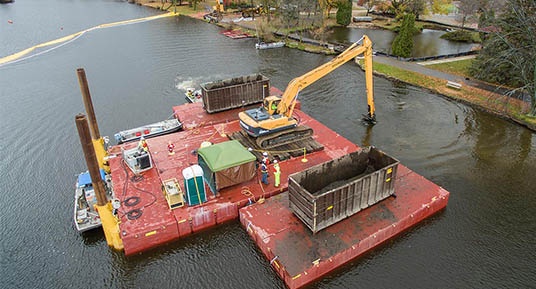
By stripping the ocean floor of its vast mineral wealth, proponents say we can obtain the cobalt, manganese, nickel and copper we urgently need for the green technologies – the electric vehicles, batteries and wind turbines – that must replace our carbon-emitting cars, power plants and factories. One form is when subgroups are compared without alerting the reader to the total number of subgroup comparisons examined.Deep-sea mining has become one of our planet’s most divisive problems. If they are not cautious, researchers using data mining techniques can be easily misled by these results.ĭata dredging is an example of disregarding the multiple comparisons problem. When enough hypotheses are tested, it is virtually certain that some will be reported to be statistically significant (even though this is misleading), since almost every data set with any degree of randomness is likely to contain (for example) some spurious correlations. When large numbers of tests are performed, some produce false results of this type hence 5% of randomly chosen hypotheses might be (erroneously) reported to be statistically significant at the 5% significance level, 1% might be (erroneously) reported to be statistically significant at the 1% significance level, and so on, by chance alone.

This level of risk is called the significance.

The process of data dredging involves testing multiple hypotheses using a single data set by exhaustively searching-perhaps for combinations of variables that might show a correlation, and perhaps for groups of cases or observations that show differences in their mean or in their breakdown by some other variable.Ĭonventional tests of statistical significance are based on the probability that a particular result would arise if chance alone were at work, and necessarily accept some risk of mistaken conclusions of a certain type (mistaken rejections of the null hypothesis). Misuse of data analysis A humorous example of a result produced by data dredging, showing a coincidental correlation between the number of letters in Scripps National Spelling Bee's winning word and the number of people in the United States killed by venomous spiders.


 0 kommentar(er)
0 kommentar(er)
